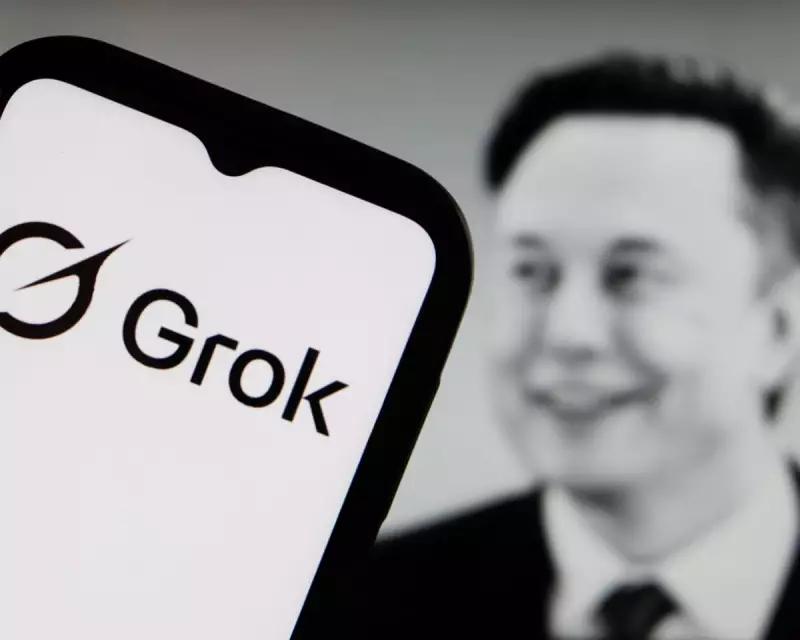
Elon Musk's latest technological venture, Grokipedia, is facing intense scrutiny from Britain's academic community as researchers question the reliability of its AI-generated content.
What is Grokipedia?
Launched earlier this year, Grokipedia represents Musk's ambitious attempt to create a comprehensive encyclopedia powered entirely by artificial intelligence. The platform promises to deliver instant, AI-curated knowledge on virtually any topic, positioning itself as a modern alternative to traditional reference sources.
Academic Concerns Surface
Preliminary analysis by technology assessment groups has revealed troubling inconsistencies. Multiple academic institutions across the UK have identified factual errors and questionable sourcing within Grokipedia's AI-generated entries.
Professor Alon Halevy, a leading authority on information systems, expressed particular concern: "When we see fundamental errors in established historical facts and scientific concepts, it raises serious questions about the platform's verification processes."
The Core Issues Identified
- Factual inaccuracies in historical and scientific entries
- Lack of transparent sourcing and references
- Potential for systematic bias in AI-generated content
- Insufficient human oversight in content creation
Broader Implications for Information Integrity
The controversy surrounding Grokipedia touches on wider concerns about AI's role in shaping public knowledge. As Professor Michael Wooldridge noted, "The danger isn't just individual errors, but the potential for systematic misinformation at scale."
Experts worry that the platform's sleek interface and association with Musk's technological brand could lend misplaced credibility to potentially unreliable information.
What's Next for AI Information Platforms?
Several UK universities are now conducting formal studies to assess Grokipedia's accuracy across different subject areas. The findings could have significant implications for how AI-generated educational content is regulated and consumed.
As the academic community continues its evaluation, the debate highlights the growing tension between technological innovation and information integrity in the age of artificial intelligence.





